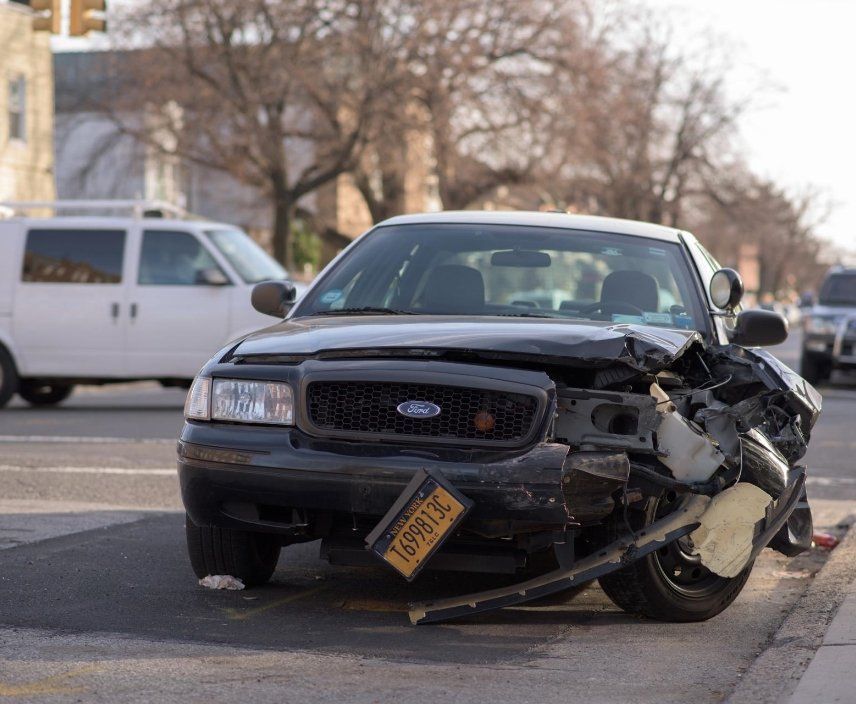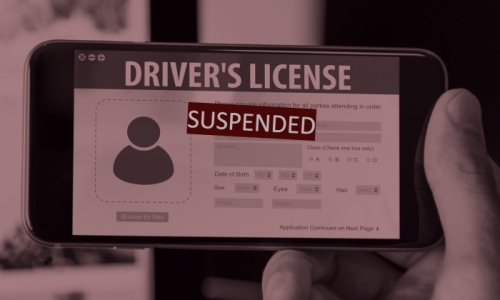WHAT I HELP
Phoenix, Arizona Misdemeanor, Felony, and Drug DUI and Vehicular Crimes
Award-Winning Expertise for Phoenix, Arizona DUI and Vehicular Crimes
Former DUI Prosecutor with 20 YEARS EXPERIENCE IN Scottsdale, Phoenix Arizona DUI cases
Arizona DUI cases (and the category vehicular crimes) are a specialized area of law. It has been my focus for almost 20 years. To successfully defend a person accused, a lawyer must have a deep understanding of the science and law relating to each offense. I have this understanding in the following kinds of cases....for your defense.
Where is “drunk driving?” Arizona does not use the term “drunk driving.” Nor does Arizona have offenses named DWI, OWI, OWVI or DUIL. Instead, Arizona law uses DUI, Extreme DUI, Super-Extreme DUI, and Aggravated DUI.
Ready to Fix This?
Misdemeanor DUI in Phoenix, Scottsdale, AZ
Arizona has several different types of misdemeanor DUI crimes. They can be categorized by the amount of alcohol in a person, prior convictions, or by the legality / impact of a drug in your body while driving.
Learn More About Phoenix, Arizona Misdemeanor DUI Penalties
Felony or Aggravated DUI? They are the same thing. A felony DUI is called Aggravated DUI in Arizona. Several circumstances can turn a misdemeanor DUI into a felony.
Learn More About Arizona Felony DUI Penalties
For more information, call our office at (602)-494-3444 or visit our contact page.
This category refers to crimes involving car accidents where it is alleged a person was driving impaired, driving in a reckless manner or cases where a person failed to remain at the scene of an accident.
Drug DUI
Driving under the influence of a drug, or in some instances prior use of a drug, can be either a misdemeanor or a felony in Arizona.
A valid prescription is a legal defense in Arizona. However, that does not end the case. There is still the issue of whether the medication impaired you while driving.
For more information, call our office at (602)-494-3444 or visit our contact page.
Driver's License Cases
Important: Arizona law requires that government prove you “knew” or “should have” known your driver’s license was suspended at the time of the arrest.
Juvenile Crimes
Juvenile courts in Arizona has exclusive and original jurisdiction concerning any juvenile that is alleged to have committed a delinquent or incorrigible act.
Delinquent Act: Means an act by a juvenile that if committed by an adult would be a criminal offense. See A.R.S. § 8-201(12)
Delinquent Juvenile: Means a juvenile who is adjudicated to have committed a delinquent act. See A.R.S. § 8-201(13).
Incorrigible Child: Means a juvenile who has been adjudicated to have committed an offense that can only be committed by a juvenile.
See A.R.S. § 8-201(19)
"Lawrence represents very high-profile clients who greatly depend on a good outcome, and this guy will deliver.
This is a prosecutor's worst nightmare, and it should be that way if you need an attorney."
- David E.
Real Client's Husband, Phoenix, AZ
For more information, call our office at (602)-494-3444 or visit our contact page.
What Real People Are Saying
That is, DUI cases actually dismissed. Verifiable not guilty verdicts. Blood alcohol evidence truly suppressed as witnessed by judges, other lawyers, and newspapers.
Real Client's Husband, Phoenix, AZ
"Lawrence represents very high-profile clients who greatly depend on a good outcome, and this guy will deliver.
This is a prosecutors' worse nightmare, and it should be that way if you need an attorney."
- David E.
REAL CLIENT, PHOENIX, AZ
It was miracle!... A lot of people don't really understand the benefit of having an attorney who used to be a prosecutor. They know all the little tricks and scare tactics the state has as opposed to just hiring an attorney who is a little fish in a big pond."
- Joe C.
Contact Us Today!
For more information, call our office at (602) 494-3444 or fill out the form and we will get back to you.
Contact Us
We will get back to you as soon as possible.
Please try again later.
Arizona DUI Blog



DUI Library
The best DUI defense stuff that only a few know and none want to share. A one of a kind annotated resource for lawyers, people accused, or anyone who wants to see what’s going on in our justice system with DUI cases…and how to fix it.

Contact Information
Office Hours
- Mon - Fri
- -
- Sat - Sun
- Closed
What Happens After You Reach Out
A team member will begin reviewing your case.
We will contact you to ask questions and go over your options.
We will determine, together with you, what makes sense for the next step for you and your family to take.
Ready to Fix This?
Contact Us
We will get back to you as soon as possible.
Please try again later.
OUR SERVICES
QUICK LINKS
CONTACT US






